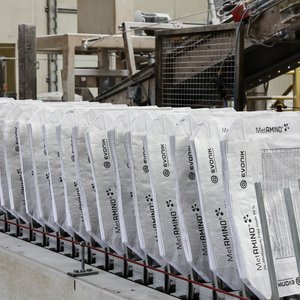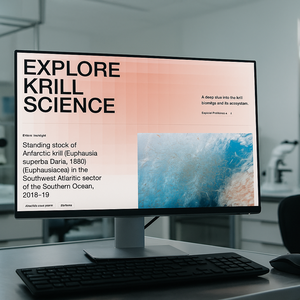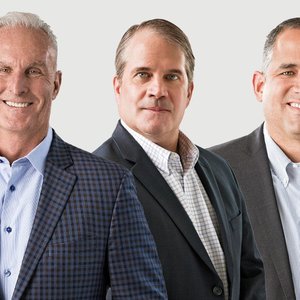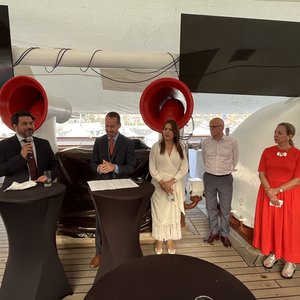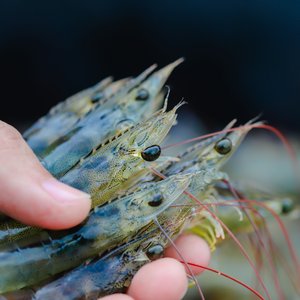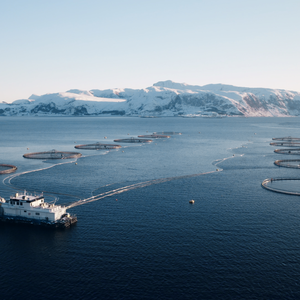MMS Proposal for Offshore Aquaculture welcomed by Ocean Stewards, “provided there is adequate environmental monitoring and oversight”
The Ocean Stewards Institute (Kona, Hawaii) has welcomed the proposed rule revision by the Minerals Management Service (MMS), which would allow for open ocean aquaculture within MMS leases in U.S. federal waters, “provided there is adequate environmental monitoring and operational oversight by other relevant federal agencies.”
The Ocean Stewards Institute is a trade group advocating for the careful, rational development of open-ocean aquaculture. The proposed new MMS rule has drawn criticism from certain environmental groups concerned about the MMS’s ability to regulate such use. However, the Ocean Stewards President pointed out that other federal agencies are already empowered to provide the necessary regulations. MMS could well be the most appropriate agency for issuance of these leases.
“MMS is already in the business of issuing leases for Federal waters,” said Neil Anthony Sims, President of the Ocean Stewards Institute, and President of Kona Blue Water Farms, LLC, one of three open-ocean aquaculture companies already operating within state waters inside the USA. “While in an ideal world, we believe that NOAA should be the lead agency for coordinating development of open-ocean aquaculture, NOAA’s most valuable input is in providing operating specifications to ensure that fish farms meet federal environmental standards, and minimize the potential impact on ocean ecosystems. If the fish farms are to operate within the boundaries of existing oil, gas or mining leases, then MMS may indeed be the best means to address the legal issues.”
Sims pointed out that any such activity is already required to comply with Environmental Protection Agency oversight, to ensure no negative impacts on surrounding waters and seafloor. Any operation must also meet the requirements of Army Corps of Engineers permits, which stipulate compliance with all other applicable Federal rules and regulations. “There is no jurisdictional vacuum between State waters and the 200 mile boundary,” said Sims.
“Given the pressing imperatives for increasing supply of nutritious seafood to consumers, and maintaining a vibrant seafood industry in American harbors, we would applaud any effort to promote sustainable aquaculture in U.S. waters.”
Sims and the Ocean Stewards believe that the Federal government needs to provide opportunity for the burgeoning open-ocean aquaculture industry to develop in U.S. waters in order to meet the increasing demand from American consumers for safely-grown seafood. Only with a domestic industry can U.S. consumers have some visibility into the environmental and food safety standards for offshore farms, and some control over the process.
The Ocean Stewards have been actively supporting the proposed Offshore Aquaculture Bill, which was intended to allow development of innovative aquaculture operations in Federal waters. However, this legislation has been stalled in Congress this year. ”In the absence of such legislation, existing rules could allow for adequate balancing of environmental concerns and seafood production imperatives,” said Sims. “The operational track record of Kona Blue in Hawaii and Snapperfarms in Puerto Rico has clearly demonstrated that this industry can indeed be developed with negligible environmental impact.
“If we had this legislation in place, we could be moving in this direction, but progress towards comprehensive legislation has been stymied by those who would oppose such careful first steps,” said Sims. “So this would seem to be a reasonable alternative. There appears to be lots of existing empowering legislation … all that is now required is a will to make it work.”


